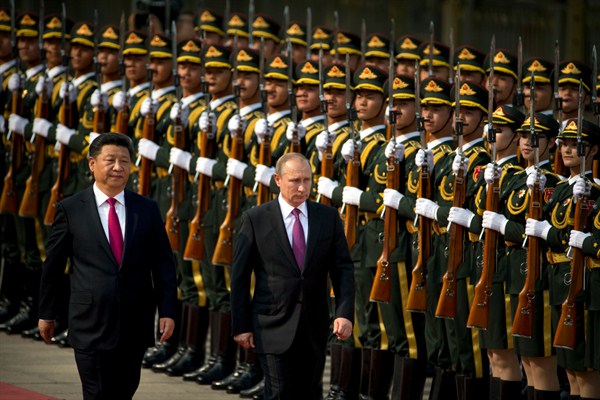Two themes will figure prominently for the next American president in managing the challenges to global order and U.S. national security: Applying the lessons learned from America’s experience over the past two decades in dealing with fragile states; and relearning the lessons forgotten from the Cold War about great power rivalry.
Both will be enduring aspects of the international order, and navigating them will be complicated by a political landscape, in the U.S. and other countries, that puts limits on what governments can achieve beyond their borders.
Fragile states and the risks they pose became a central concern to U.S. national security policymakers in the years after 9/11. The subsequent disappointments of stabilization missions in Afghanistan, Iraq, Libya and Yemen have made them a political nonstarter among an inward-turning American electorate. But a report published last week by Michèle Flournoy, William Burns and Nancy Lindborg, who have been chairing the U.S. Institute of Peace’s Fragility Study Group, and a Foreign Affairs article summarizing their conclusions, make it clear why it would be a mistake to ignore them.

